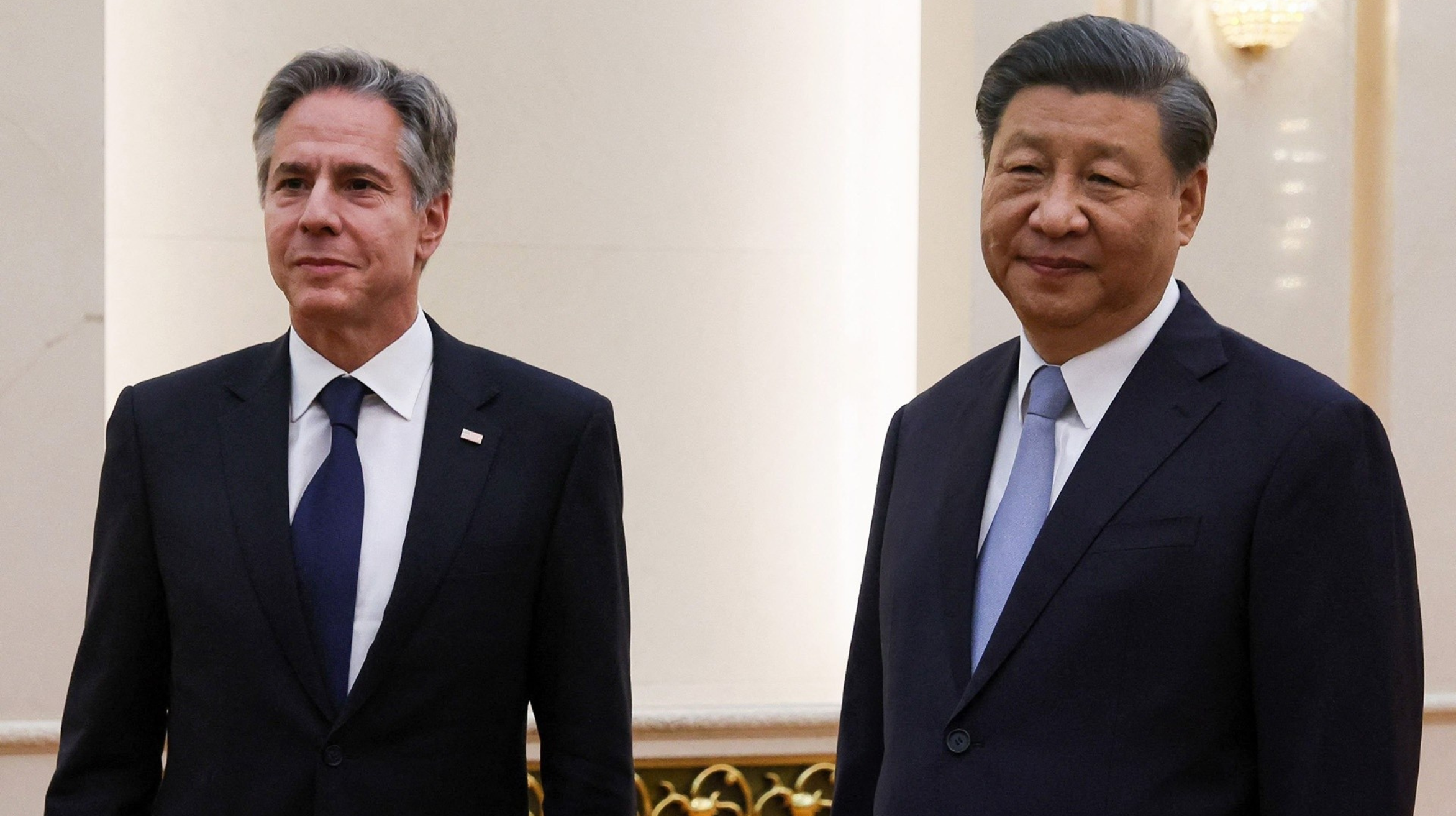USA (Transatlantic Today)— The United States has reaffirmed its support for Taiwan by approving a new aid package for the island amounting to almost USD 8 billion, sending a clear signal of support. In addition, Secretary of State Antony Blinken will embark on a diplomatic mission to China this week to ease tensions in the Indo-Pacific region.
The US State Department confirmed on Saturday that Secretary of State Antony Blinken will travel to China this week to signal his continued support for Taiwan. During the visit, which is scheduled from Wednesday through Friday, Blinken will hold extensive talks with his counterpart Wang Yi in Shanghai and Beijing. The talks are expected to address a wide range of issues, including bilateral, regional and global issues such as conflicts in the Middle East, tensions in the South China Sea and Taiwan Strait, cooperation in combating narcotics crime, military communications, artificial intelligence and people-to-people relations.
USA-Taiwan Relations
Washington’s support for Taiwan has been increasing, with the Biden administration stepping up arms shipments to Taipei to enhance its defense capabilities. This move comes amid growing concerns over Chinese military activities in the region, particularly those perceived as intimidating or threatening to Taiwan. The recent approval of a substantial aid package emphasizes the US commitment to Taiwan’s security and sovereignty.
Response from Taiwan
According to Infobae, In response to escalating tensions, Taiwanese authorities have raised concerns over the presence of Chinese military assets near the island. Additionally, Taiwan has denounced Beijing’s unilateral establishment of new aviation routes near peripheral islands, labeling it as a provocative move. The Taiwanese government has urged Chinese authorities to divert any aircraft approaching its airspace along these new routes to ensure the safety of civil aviation operations.
Concerns Over Russian Cooperation
During his visit, Blinken is to address concerns over Taiwan’s recent cooperation with Russia in the arms and technology sectors. According to reports from Washington Intelligence, China accounts for a considerable share of Moscow’s microelectronics and industrial imports. The expanding flow of semiconductor sales between the two countries emphasizes the necessity for increased examination of such collaborations.
As Blinken prepares for his diplomatic mission to China, tensions in the Indo-Pacific remain a major concern for global stability. The result of discussions between US and Chinese officials will likely have far-reaching implications for regional security and cooperation. Maintaining open channels of dialogue between Washington and Beijing will be essential in guiding complex geopolitical dynamics and fostering stability in the region.


























